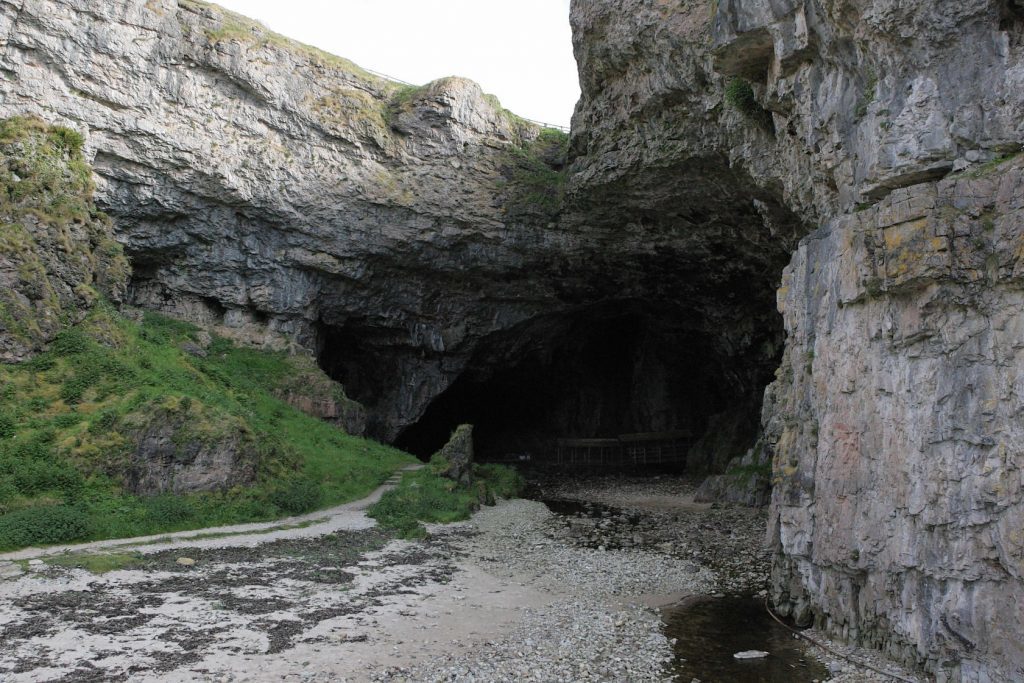
Houston oil and gas company Apache Corp. has hired the nation’s preeminent cave research institute to study the aquifers around Balmorhea State Park, home to the famous San Solomon Springs.
In September, Apache announced it found 15 billion barrels of oil and gas in southern Reeves County. The company has promised to keep drilling out of the park and avoid sensitive ecologies.
But the region is webbed with aquifers — water that filters through porous rock underground — and underground streams running through cave formations called karst. And no one really knows how those formations zig and zag.
Apache says that it has a good grasp of the area’s geology, but that it wants to understand the aquifers better. So it hired the National Cave and Karst Research Institute to sift through any previous studies on West Texas aquifers and help Apache determine how to protect the water.
The aquifers provide water for drinking, farmland, tourism and endangered species, like the Comanche Springs pupfish. Apache doesn’t want oil and water to mix, said institute director George Veni. “It’s not good for the people drinking the water,” he said. “It’s not good for business.”
But to minimize or prevent impact, the region has to understand the aquifers better, he said.
“We’ve know we’ve got some springs. We know we’ve got an aquifer,” he said. “But there’s very little known about it. And so identifying those crucial, vulnerable drainage areas, relative to the proposed drilling, is a big unknown. It needs to be done.”
This story originally appeared in the Houston Chronicle, an Energy Voice content partner. For more click here.